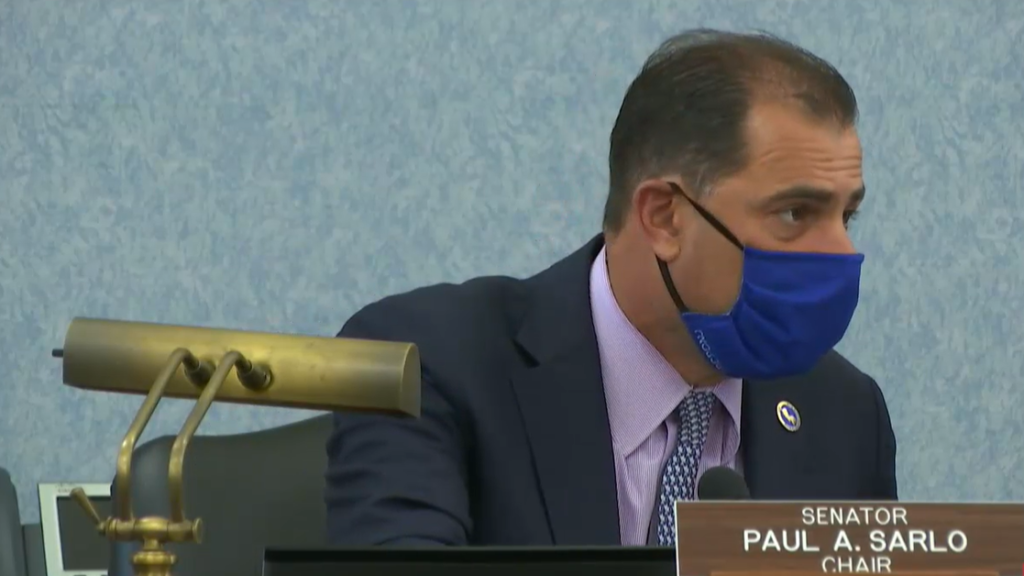Senate Budget Committee Approves Revised FY2021 State Budget

From the Senate Democratic Majority Office:
Trenton – The Senate Budget and Appropriations Committee today voted to approve a $32.7 billion spending plan for the COVID-shortened fiscal year scheduled to start on October 1. The Fiscal Year 20-21 budget is constructed to enable New Jersey to address the state’s needs and priorities over the next nine months in the wake of the economic upheaval caused by the coronavirus pandemic.
The legislation, S-2021, sponsored by Senator Paul Sarlo and Senator Sandra Cunningham, is the product of an agreement among the leaders of the Senate, the Assembly, and the Governor. It was approved with a committee vote of 8 – 4.
“We have a budget that makes the best use of available resources to address the most important needs of New Jersey at a time of economic distress and uncertainty,” said Senator Sarlo, chairman of the Senate Budget Committee. “It is not a budget we would want to adopt, but it is a budget that is needed to get us through the COVID-created crisis. This budget will provide support for ongoing priorities and will help address problems created directly or indirectly by the pandemic, and allow us to be prepared for a potential second wave.”
“While we had to make some tough decisions in this year’s budget, I am grateful we were able to restore funding to many important public services,” said Senator Cunningham, vice chair of the Budget Committee. “Funding for school-based mental health, reentry services and higher education will ensure we continue to invest in our future, despite the challenges presented by the coronavirus pandemic.”
It includes a new rebate program for middle class families as well as maintaining the restoration of funding for two property tax relief programs, Homestead Rebates and the Senior Freeze. In addition, the budget continues the tax exemption for retirement income under $100,000.
The plan restores funding for school-based mental health services, subsidies to New Jersey’s hospitals for providing care to the uninsured, and for Graduate Medical Education. It also restores support for state and county colleges, care for vulnerable children, sheltered workshops, reentry services, and anti-hunger programs, among other legislative priorities.
The budget also ends the diversion of money from the trust funds for Affordable Housing, State Recycling and Clean Communities.
New revenue would be generated by the millionaire’s tax ($390 million), an increased HMO assessment ($103 million), and a short-term freeze of the corporate business tax rate ($210 million). The budget would produce an estimated surplus of $2.5 billion.
Language changes scoresheet for public 09-21-2020
Scoresheet - Introduced
2021_I1








Leave a Reply